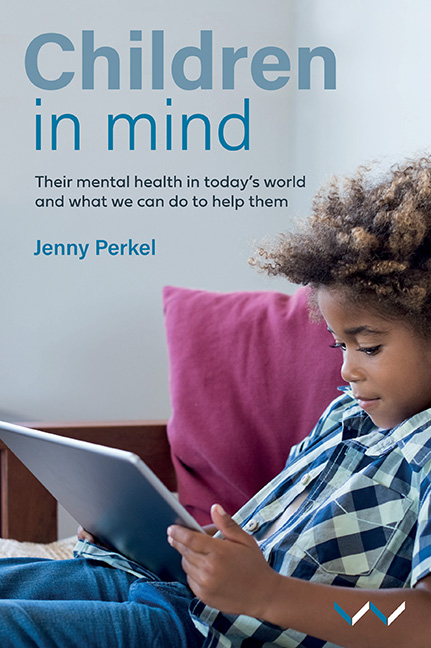6 - The Internet and Today’s Children
Published online by Cambridge University Press: 26 May 2022
Summary
Some children as young as two years old can navigate their way around mobile phones, laptops and other electronic devices. They will often ask for their parents’ phones so that they can play simple games or scroll through photographs or other images while their parents are having uninteresting conversations with other adults. There is a mixed response among parents, educators and therapists to children's use of digital devices and the internet. Some people reject and even demonise children's use of technology. Others idealise the place of digital devices in children's lives. Most people fall somewhere between the two polarities – trying to achieve the delicate balance of using technology in positive ways while being aware of its many pitfalls with regards to children and adolescents. Some reflection on and examination of the complexities can help in ascertaining the values and the risks. The solution lies in balance and moderation rather than in extremes.
Children and adolescents have moved online – for better or worse
For older children and adolescents who have had access to it during the Covid-19 pandemic, online learning has saved their education. A reliable internet connection has been a vital part of continuing with life during the pandemic. Children and teenagers privileged enough to have electronic devices in working order with access to data have been able to attend school online, learn, complete and submit assignments, and connect with friends. The Covid-19 crisis has adjusted the way that some people previously viewed screens and the internet's real value has become more acknowledged.
But even outside of the pandemic, some twenty-first-century children who find themselves bored and frustrated with their particular school experience can and do use the internet to extend themselves academically. If they feel dissatisfied with their teachers, they look for ‘better’ ones online. Children today think and learn differently, partly because of modern technology. The internet and smartphones have brought with them a different way of being and a different way of engaging with knowledge. Deep-thinking children who love learning have a prime choice of teachers, mentors and parent substitutes on the internet.
- Type
- Chapter
- Information
- Children in MindTheir Mental Health in Today's World and What We Can Do to Help Them, pp. 75 - 89Publisher: Wits University PressPrint publication year: 2022

